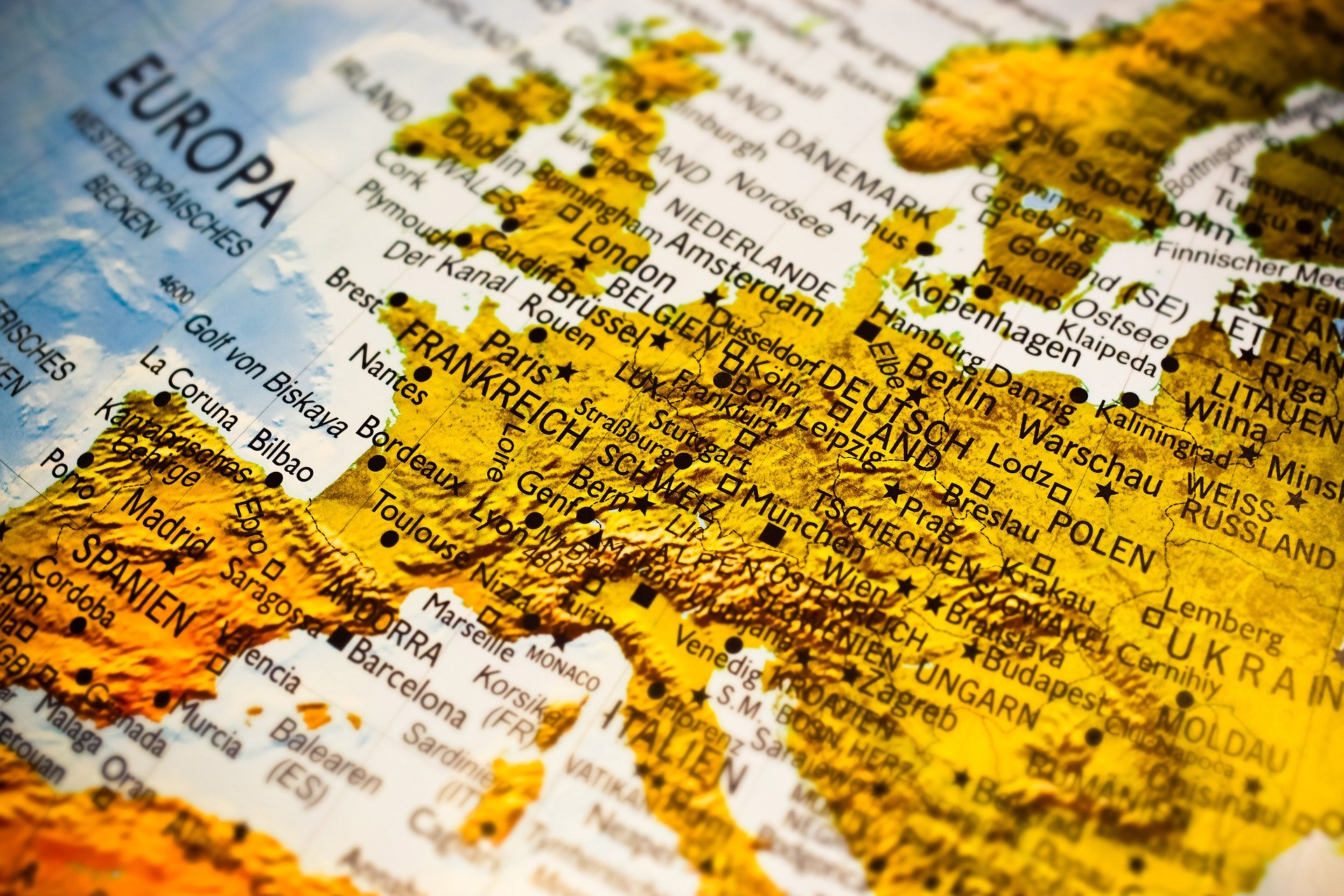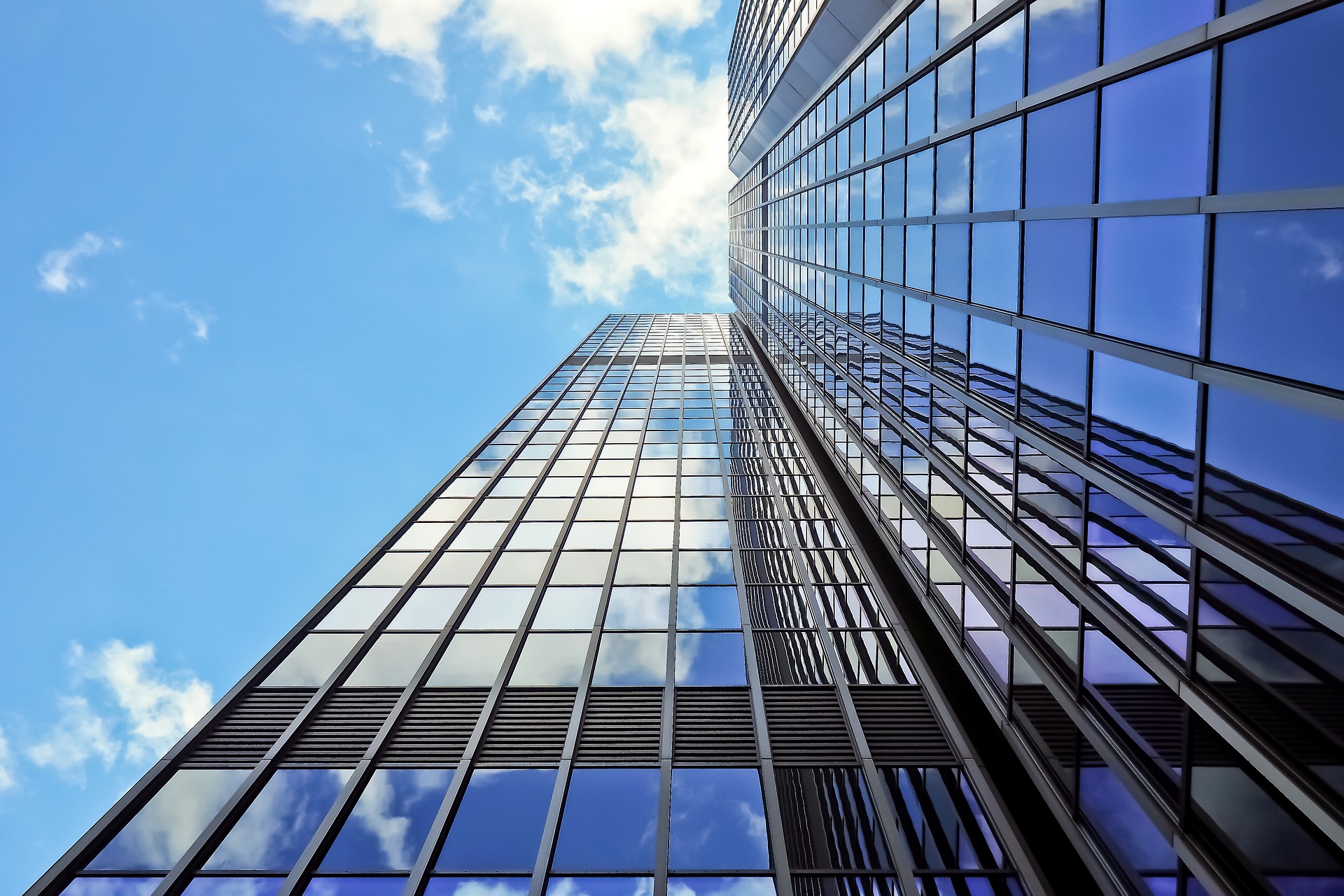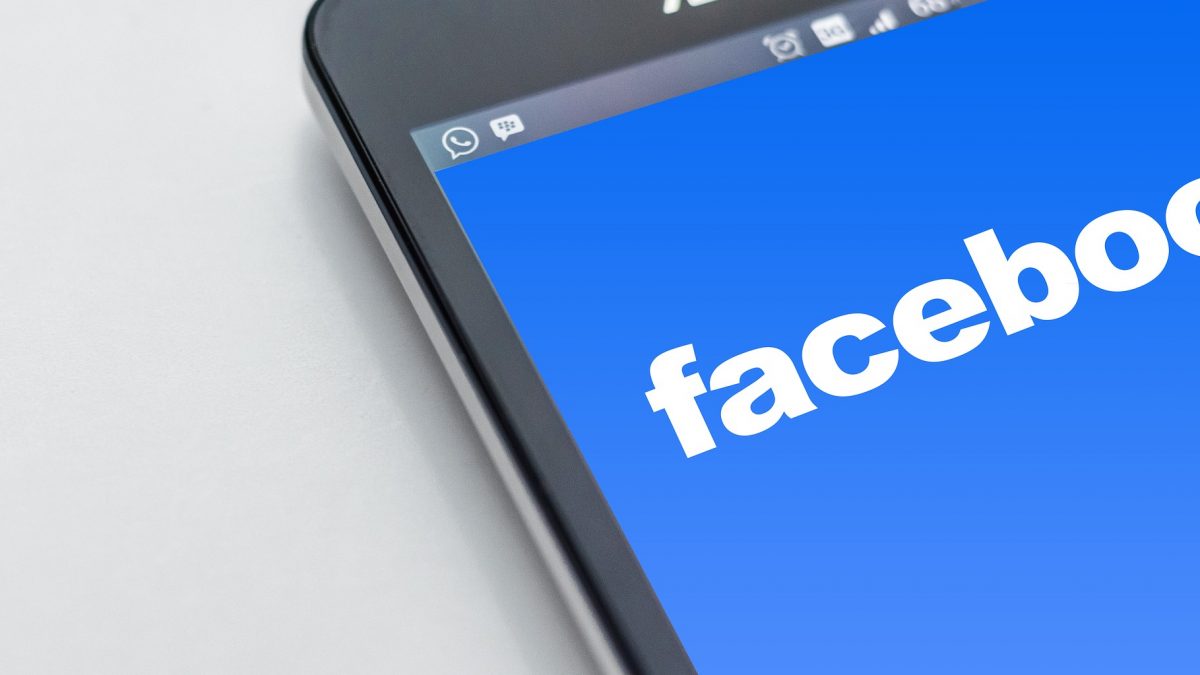
The harmful ways in which COVID-19 and international relations are affecting shipping and international trade
August 12, 2020
Has Covid-19 Been The Push Legal-Tech Needed?
August 13, 2020Niki Saberi-Oskoui analyses the impact of the recent Facebook advertising boycott.
The month of July began with the announcement of the #StopHateForProfit campaign which consisted of more than 1,100 companies committing to pull their digital advertising from Facebook. The initial press release of the boycott stated that it was a response to, “Facebook’s long history of allowing racist, violent, and verifiably false content to run rampant on its platform”. This follows on from Zuckerberg refusing to take action on several posts by Donald Trump. Posts include phrases such as ‘when the looting starts, the shooting starts’. Further issues concerning social discontent, electoral division, and racial tensions have become prominent on the platform. Facebook has continuously defended such decisions to retain posts by referencing their commitment to ‘freedom of expression’ and strict Facebook policies.
The advertising industry is demanding fundamental changes to better control where their adverts are placed. Brand safety is a key driver for companies and organisations that do not want their adverts being shown beside harmful content.
Household names participating in the boycott include Coca-Cola, Unilever, and Levi Strauss & Co.
Unilever is one of the world’s largest marketing spenders as spending was estimated at $42m on Facebook in 2019.
The Bigger Picture:
Many predicted that the boycott would pose a deep threat to Facebook and its core business as digital advertising fuels Facebook’s business model. In 2019, Facebook brought in roughly $70 billion in advertising revenue globally through 8 million advertisers. Although, high profile walkouts have the potential to create a financial dent and influence other brands to join in, Facebook is simply too big to be hurt by the boycott. In numbers, Facebook’s earnings call recorded a 10% annual growth in its ad revenue in the first weeks of July. This highlights that the platform needs large numbers to withhold spending in order to be impacted financially.
Facebook’s advertising base is significantly broad and largely made up of small-medium sized companies: the top 100 brands only make 20% of total advertising revenue. The majority of smaller advertisers were reluctant to join the campaign as they are reliant on the platform for cheaper and more focused advertising in order to boost sales and recover from the pandemic.
Additionally, the campaign has emphasised the competition (or lack thereof) within the digital sector which has further impacted the ability of small businesses to join the movement. Facebook and Google account for 80% of all digital advertising in the UK, thus, brands have few options of where to take their business. This exemplifies the sharp power imbalance between Facebook and its customers. Tech giants enjoy market dominance; therefore, their rivals cannot compete on equal terms. Hence, with little competition online, the boycott is bound to be short lived. Zuckerberg is correct in guessing that, “all these advertisers will be back on the platform soon enough”.
Recently, the Competition and Markets Authority (CMA) in the UK have released a report reflecting on market dominance, recommending that tech giants be reined in. It has introduced a proposal for the government to create a ‘Digital Markets Unit’ with the power to force competition where none exists. Suggestions include sharing data about user behaviour and ordering Facebook to increase the compatibility with competing social media platforms.
Looking forward:
As stated by the Financial Times, organisers of the boycott have stated that Facebook has ‘failed to deliver’ on most of its advertisers demands on content moderation. However, around 95% of the total marketers are returning for August, according to an estimate by a top advertising agency executive. This includes smaller brands as well as groups such as Heineken, The North Face and Puma.
This comes after Facebook made some concessions. This includes creating a team to study whether its algorithms lead to racial bias and a new role of vice-president for civil rights. Moreover, it has agreed to join an effort to create an industry-wide definition of hate speech and undergo two audits related to the toxic content on its platform.
However, this does not mark the end of the campaign. Mr Greenblatt, chief executive of the Anti-Defamation League stated that “another ad pause is absolutely possible if Facebook doesn’t make [more] progress in a meaningful timeframe”. The movement as a whole “will get bigger and broader” until they feel Facebook takes meaningful action “to mitigate the damage it causes”.
Overall, it is fair to state that it will take far more than an ad boycott to curb the economic power of Big Tech. Nevertheless, the boycott has highlighted social justice and economic justice is not only a battle fought by the Black Lives Matter movement, but it is also relevant to the corporate world.
Although the boycott may have little long-term financial impact, it has started a much-needed conversation about digital dominance and the need for regulation. It has drawn attention to toxic content, privacy, and civil liberties. However, equitable sharing of digital wealth requires more. This includes transparency regarding information that they have access to. As stated by economist Adam Smith, for markets to be fair and efficient, parties on both sides of a transaction need equal access to information and a shared understanding of what is being exchanged.
By Niki Saberi-Oskoui.





